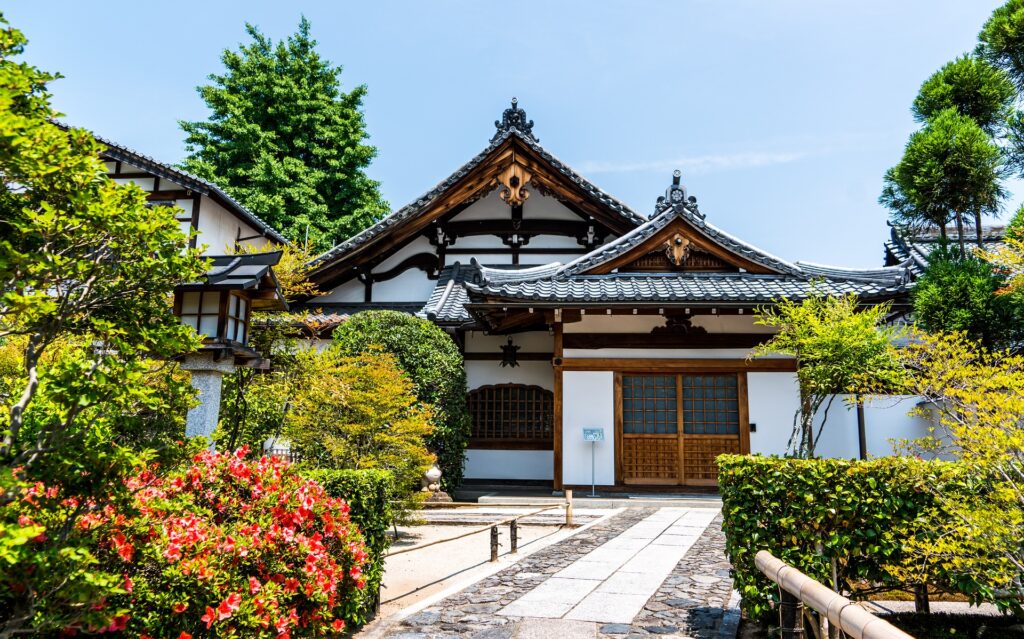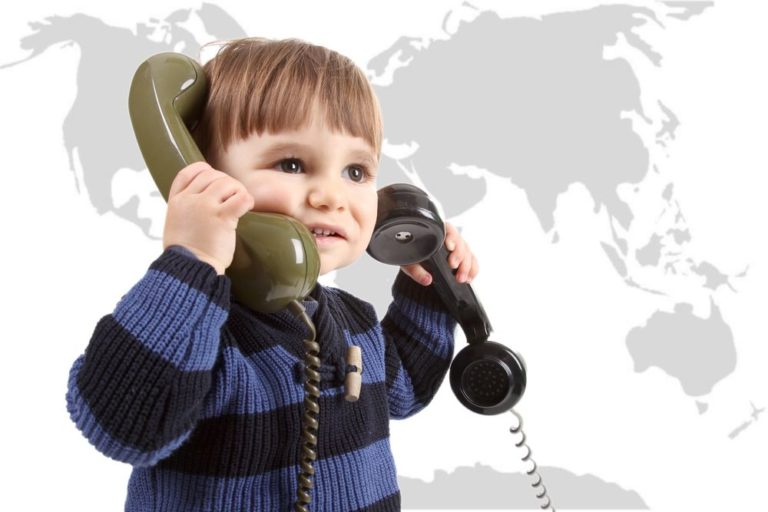Many years ago I had the opportunity to visit Japan. On this April day, we were riding the train from Kobe to Kyoto. Known for its cherry blossoms and many temples, Kyoto is one of Japan’s most beautiful cities. Because we were at the end of our journey and nearly broke, we took a “slow train” (one that had stops).
It was about halfway to Kyoto when we heard familiar American English curse words. Looking up we noticed a man about our age – obviously frustrated and upset. He had gotten on the wrong train.
As the only other non-Japanese on the train, all eyes were now on me and my friend, Sue.
Please don’t notice us, I remember thinking.
After a moment he spied the two American girls and came down the train car to talk to us.
“These Japanese trains are screwed up,” he said with disgust, “How can anyone figure out which train to get on? It’s not like this anywhere else I’ve been. I’m going to miss my interview.”
Being polite, Sue inquired, “Oh, where else have you traveled?”
“London” he answered.
Sue and I looked at each other and smiled. We were nearing the end three months of travel around the world. As we had boarded the train that day, we had commented to each other how “easy” the train system was in Japan. Transportation in some of our previous destinations had been a little more than challenging. In India we had to find the “unofficial conductor” who roamed the station selling foreigners their tickets. In Kenya, we were directed to unmarked busses, and hoped that we were being put on the correct one. Neither of us spoke or read Japanese but the platforms were well-marked and the line maps color coded. Once we could identify the characters for the cities on our route, everything was logical. After visiting several countries ranging from third world to first – Japan felt, to us, “first world plus.”
Even though we felt embarrassed by his behavior, we pulled out the map and found the correct train for our weary traveler and he got off at the next stop to catch a train back to his destination.
Traveling from one English speaking country to another, to be sure, has some challenges. Even within the United States, hopping on the New York City Subway system compared to the Minneapolis-St Paul light rail system is completely different and it’s not uncommon to see a bewildered traveler standing on a platform, confused as to what to do next.
Today, with GPS equipped smart phones and apps that translate everything, it is difficult to imagine a time when you had to use guide books, ingenuity and the kindness of strangers to find your way. But then it was the norm and recently, I’ve thought about this experience in a completely different way.
For Sue and I, our multiple experiences in non-English speaking countries taught us that there was always a way to figure out the transportation system – even if it was completely different than we had experienced in the past. Our success didn’t depend on a common language to assist us but the willingness to keep trying until we found the way to our final destination.
We all find ourselves facing challenges from time to time – both big and small.
But here’s the thing – there’s little difference in learning how to navigate the world or solve the problems that crop up in our personal and professional lives. If we choose to assume that everything operates the same, we will always be disappointed. If instead, we choose to assume that it’s our collective experiences (both good and bad) that give us the tools to figure out how to solve problems, we will continue to persevere even when it doesn’t exactly work out the way we think it should. Setting a goal and then knowing we have the ability to find a way to get there will almost always help us achieve our objectives.
That is why I’ve always been thankful that I had the opportunity to take that slow train to Kyoto.



